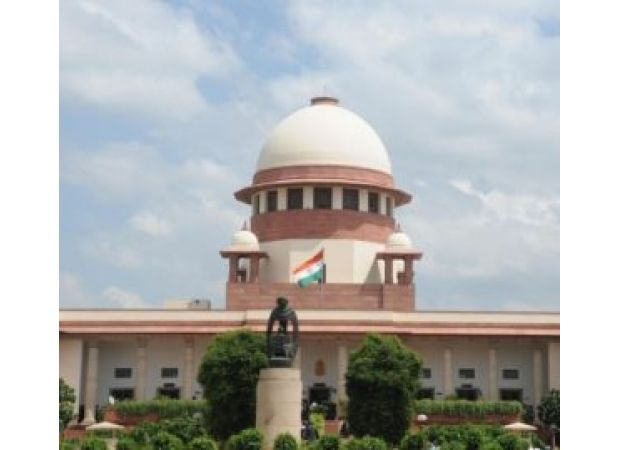Supreme Court says no court can handle religious place cases until further notice.
Supreme Court orders halt to new lawsuits and rulings on reclaiming religious sites, including mosques and dargahs, until further notice.

Supreme Court orders halt to new lawsuits and rulings on reclaiming religious sites, including mosques and dargahs, until further notice.


